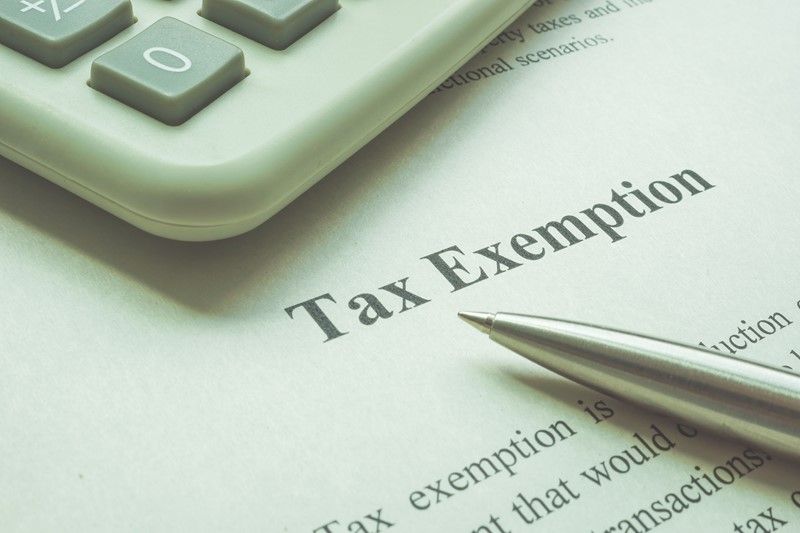When you cannot charge VAT
Not all goods and services carry a 20% VAT, knowing the right rate can save costly mistakes.
When a VAT-registered business issues an invoice to their customer, they must ensure that they charge the correct rate of VAT. Whilst most businesses in the UK charge VAT at the standard rate of 20% there are a number of different VAT rates and exemptions to be aware of. This includes the reduced VAT rate of 5% and the zero rate (0%).
There are two other categories that the supplies of goods and services can fall under:
- Exempt – where no VAT is charged on the supply. Examples of exempt items include the provision of insurance, postage stamps and health services provided by doctors. If a business only sells VAT-exempt goods and services, they cannot register for VAT.
- Supplies that are 'outside the scope' of the UK VAT system altogether. These supplies are beyond the realm of the UK VAT system, and you cannot charge or reclaim VAT on these supplies. Examples include goods or services you buy and use outside of the UK, statutory fees (such as the London Congestion Charge) and goods you sell as part of a hobby.
If a business has made an error in charging VAT, then this needs to be corrected. The timing and amount of an error can impact on how the issue is resolved.
There are also penalties if you charge VAT to your customers before you are officially VAT registered. VAT registration is only required for eligible businesses earning more than £90,000 per year although businesses under the threshold can voluntarily apply for a VAT registration.




